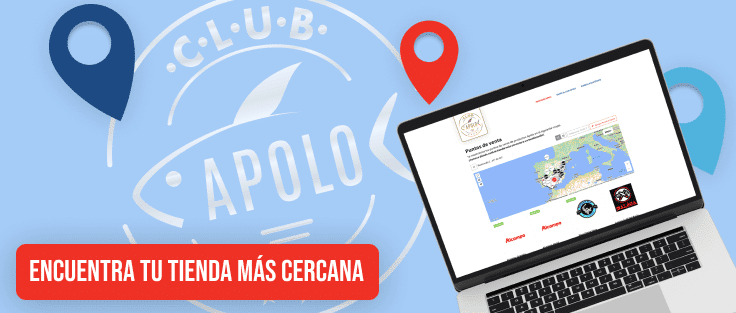Baked, grilled, broiled, steamed, fried.
There are disparate ways of cooking fish and seafood, but when it comes to buying it there is a common denominator: frozen versus fresh and smoked. This is how Spanish consumers prefer it.
This fact has been highlighted by the latest report from the Nielsen report of the consulting firm Nielsenwhich highlights this trend when it comes to filling the pantry. And is that during the 2015 financial year, the consumption of frozen in households in our country rose by 3.5% over previous years, with a total expenditure of 1,189 million euros. In terms of kilos and, in order of preference, the most sold type of frozen fish and seafood was hake ( 24.3 %), followed by crustaceans and mollusks (21 %) and, in last place, cephalopods (13.8 %).

These data confirm the good health of this sector. The fact is that consuming frozen seafood and fish means betting on a myriad of advantages. Because it has been proven that, if the cold chain is correctly maintained, it retains all its flavor and nutritional properties. Contrary to what some people mistakenly think, freezing does not diminish their qualities, which is why they are one of the products recommended by experts three to four times a week.
Whatever their format (loins, logs, fillets) or variety (cod, whiting, swordfish), frozen fish and seafood preserve all their minerals, vitamins and proteins (Omega 3 acids), so important to avoid cardiovascular diseases and bad cholesterol.
Another of the benefits of frozen consumption in homes is that it allows to enjoy the delicacies of the sea throughout the year, forgetting the seasonality of some fish and seafood. And without the need to go to the supermarket every time it is needed; it will always be available in the freezer. In addition, only the necessary amount can be consumed at each moment, extending the shelf life of the product and taking care of the family economy to the maximum. Not to mention the ease and speed it provides for the preparation of great dishes and healthy recipes, complete and with a high nutritional value.
But even frozen fish is a safe bet against bacteria such as anisakis, since this parasite does not survive the freezing process.





